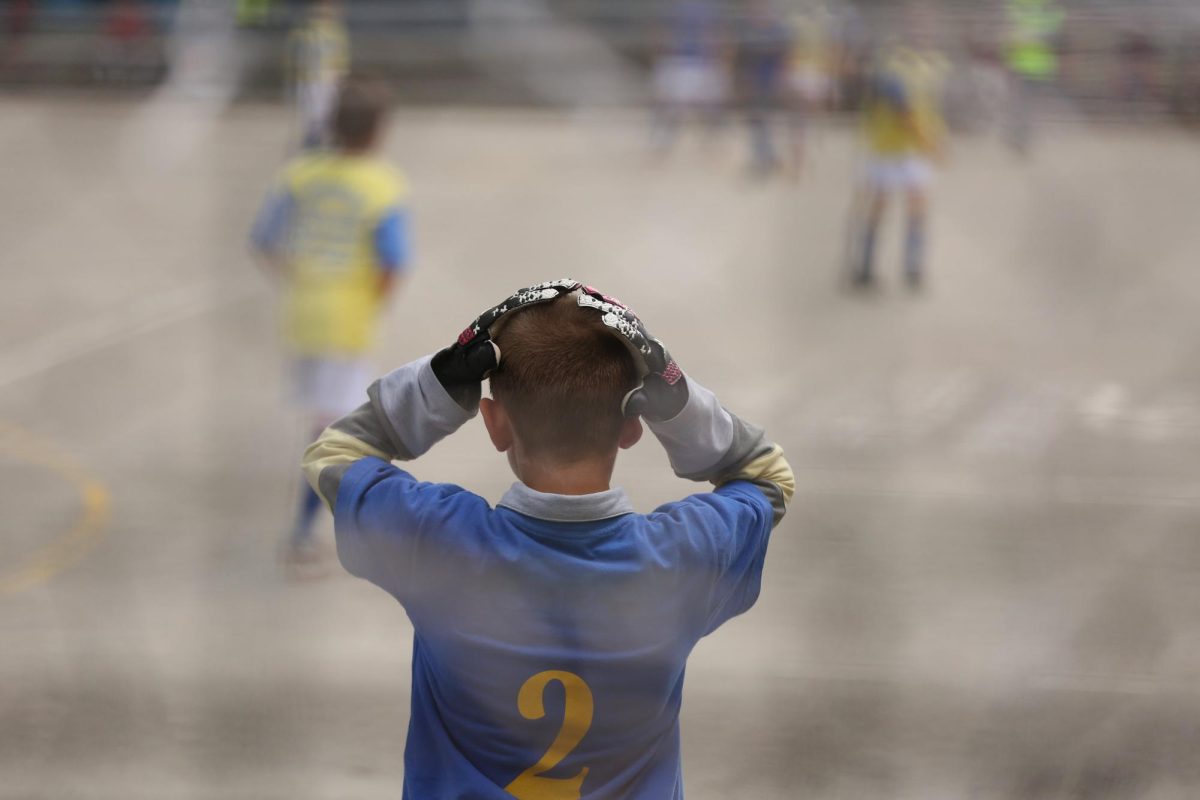Athletes work under intense pressure. They often face unrealistic expectations from fans, teammates, coaches, and sometimes, even themselves.
A 2019 study conducted by the International Olympic Committee found that 35% of elite athletes report having mental health concerns. The top issues reported were feelings of burnout, depression, and anxiety.
However, there is research that shows that sports can actually protect your mental health.
According to WebMD, sports can help moderate stress, improve mood, and produce long term mental health effects.
Engaging in physical activity can be good for an athlete’s mental wellbeing because it helps them understand how to cope with stress and anxiety. Along with that, it also helps with self-esteem. Self esteem is key in sports as it increases effort and concentration, and leads to greater success. Self-esteem is not only important in sports, though, it is also important in life.
Verywellmind.com states that self esteem “impacts your decision-making process, your relationships, your emotional health, and your overall well-being. It also influences motivation, as people with a healthy, positive view of themselves understand their potential and may feel inspired to take on new challenges.”
Many people play sports to go to their “happy place.” A “happy place” is defined as “a place that somebody only has to think about in order to feel happy and relaxed” (Oxford Learner’s Dictionaries). For athletes, sports can be a happy place. This is a smart way to escape something that has been bothering you or affecting you in any way.
For example, Amelia Farrell ‘28 says that sports are her happy place because they give her “an escape from reality and allow [herself] to indulge in a game. All the other worries in [her] life melt away and it’s just [her] and [her] teammates and the ball.”
Sports can also have a negative effect on an athletes’ mental wellbeing. It is very common for people to get burnt out from their sports from too much exercise, work, stress, or pressure. Sometimes people feel like they have to do their best and be their best all the time, which in sports, is an almost impossible thing to do.
Many people put too much pressure on themselves, and it can be for many reasons. Perhaps they come from a family of athletes and they’re trying to live up to their expectations, or maybe they have people putting pressure on them all the time.
Playing sports can definitely be a struggle sometimes because of self confidence, injuries, and more, so it is very important to know how to deal with your emotions during these times. There are so many good and effective ways you can deal with your problems.
This is where coping comes into play. Coping is tolerating problems that happened while trying to stay positive and confident. There are many different ways to cope.
Molly Coppola ‘28 likes to cope by “positive visualization. I like to do this because visualizing yourself doing something good boosts your self-esteem and confidence level, which helps you get into the right mindset to play confidently and efficiently.”
While sports can present challenges such as burnout, anxiety, and stress, they also offer the opportunity to grow. By learning to balance the pressures of competition with healthy coping strategies, athletes can turn their struggles into strength.








